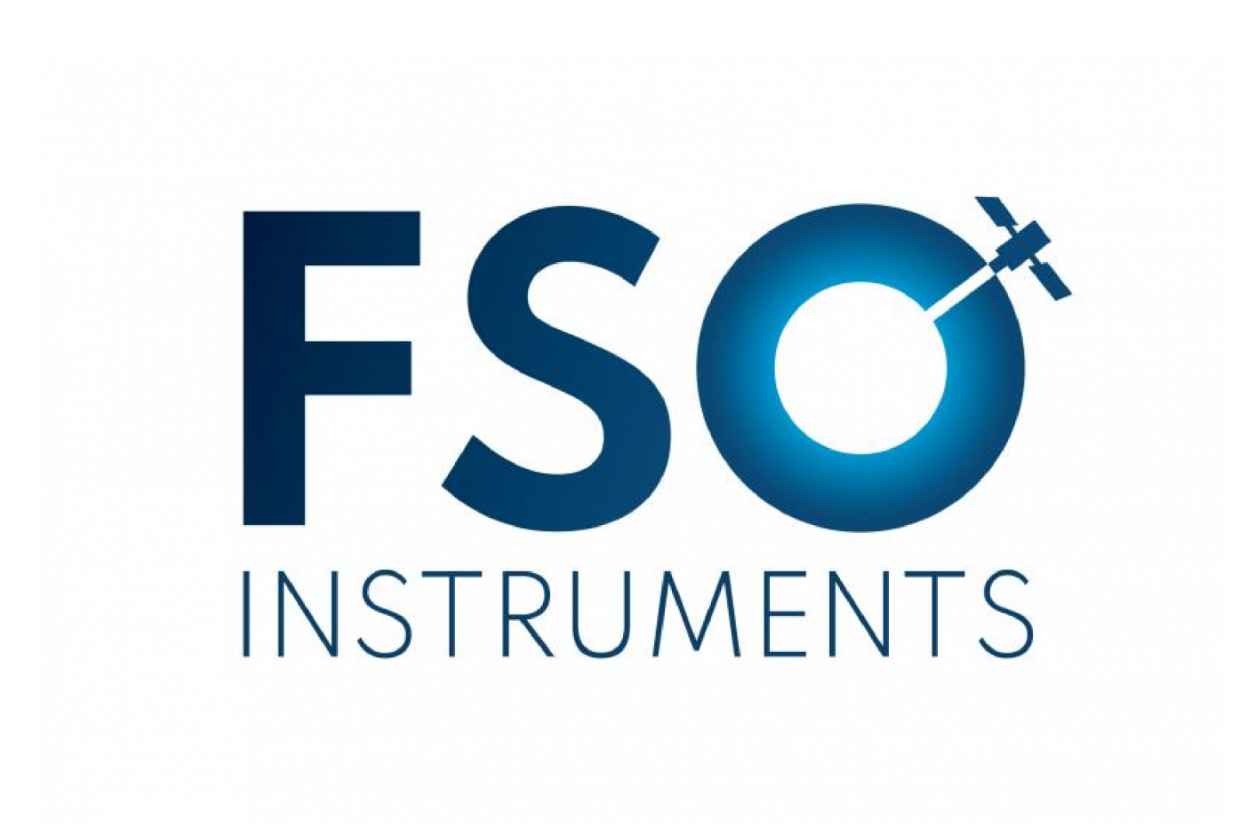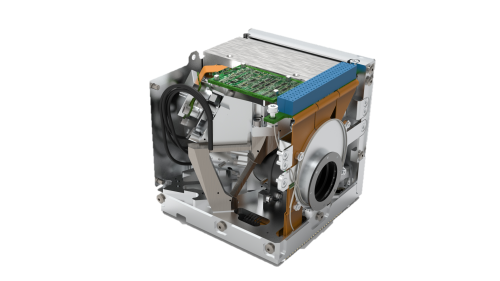FSO Instruments: joint venture

The Dutch technology developers and producers, Demcon and VDL Groep, are combining their laser satellite communication activities in FSO instruments. This is the first laser satellite communication technology company to be founded in the Netherlands and builds onto the groundbreaking technology developed by the Netherlands Organization for Applied Scientific Research (TNO) in cooperation with companies, including Demcon and VDL. This is in line with the Dutch aim of attaining a position as a global market leader in the series production of high-quality FSO (free-space optics) instruments for laser satellite communications, for which specific interest exists among American and European companies. Gus van der Feltz has been appointed director of the FSO Instruments joint venture.
Aside from the well-known radio technology for space communications, laser technology is currently on the rise as well. This technology provides for a fast, secure connection between ground stations, satellites, aircraft and unmanned aerial vehicles. Laser satellite communication operates by forming and transmitting laser beams across large distances. This requires complex technology, optomechatronics, that uses adaptive optics to compensate for atmospheric disturbances.
Long-term partnership
Demcon and VDL ETG, VDL Groep’s high-tech cluster, are combining focus to further develop this laser satellite communication technology. Gerard van den Eijkel, director of Demcon Optomechatronics, and Hans Priem, business manager at VDL ETG, are the driving force behind the initiative. The two companies have formalized their partnership in the form of the FSO Instruments joint venture, with which they are entering the market. ‘
Unique competences
TNO, for fifty years, has been developing and building optical instrumentation for use in space, in particular for astronomy and earth observation, explains Kees Buijsrogge, TNO director Space & Scientific Instrumentation at TNO. ‘We have acquired a great deal of experience with systems design, accurate metrology and compensation for the disturbances that occur when you look up through the atmosphere. These competencies, when taken all together, may very well be unique in the world, and are perfectly suitable for laser satellite communications.’
TNO involved Dutch companies at an early stage, including Demcon and VDL ETG. ‘We build single units or at most a few systems, while the demand for laser satellite communications is expected to be in the hundreds and perhaps even in the thousands. That is a business for companies.’ Priem: ‘TNO excels in developing concepts. We are expanding on this to produce what the market wants in terms of functionality, costs and reliability, in part through means of redesign for practicability and, of course, production.’ The Laser Satcom project, part of the NXTGEN HIGHTECH National Growth Fund program, is one of the development programs to make this happen. Van den Eijkel and Priem wrote a proposal for this purpose.

Caption: module for laser satellite communications
Market development
FSO Instruments is further developing the TNO concepts and commercializing the technology. Van den Eijkel: ‘Ultimately, FSO will be introducing space-qualified products. It is developing a first line partner network for this purpose in the Netherlands. Demcon and VDL ETG Almelo are playing a prominent role in this respect.’ This is new for the Netherlands, as well as the international aerospace industry. It has already attracted European and American interest.
Run up to the founding of FSO Instruments, the aircraft company Airbus last fall entered into a partnership with VDL ETG for the development and production of laser communication terminals for aircraft. In addition to initial military applications, Priem also sees opportunities in the commercial market, for example for supplying internet and data bandwidth in aircraft. The challenge is to further develop these markets. FSO Instruments is doing this under the guidance of Gus van der Feltz, who was recently appointed director. The team will be further supplemented with systems architects, senior engineers and business developers, partly originating from Demcon, VDL ETG, as well as TNO. With Demcon and VDL Groep as shareholders, FSO instruments, ‘powered by TNO’, operates from Delft.
Milestone, not an endpoint
TNO applauds the partnership between Demcon and VDL Groep, says Tjark Tjin-A-Tsoi, chairman of the board and CEO of TNO. ‘Our goal is to build a European ecosystem for fast and secure laser satellite communications, with significant Dutch input, that the world cannot ignore. FSO Instruments, as a joint Demcon and VDL Groep venture, is a perfect example of this.’ TNO will continue to work together in projects, TNO’s Buijsrogge adds. ‘Furthermore, a number of our systems engineers will join FSO to help accelerate and continue the development.’ The commercial start-up of FSO Instruments, the first laser satellite communications technology company in the Netherlands, is a milestone, but not an endpoint for TNO, Tjin-A-Tsoi emphasizes. Pursuant to the mission of this knowledge institute – working on social challenges and strengthening the Dutch economy – TNO will continue to be active in this area. ‘Together with companies we are using Growth Fund projects to develop next-generation systems for laser satellite communications.’
Creating shared value
Dennis Schipper, CEO of Demcon, emphasizes the need of the joint venture his company is creating together with VDL. ‘It is a new market with new risks for us both. We are going to target this new market together and combine our competencies in order to achieve the best possible results and mitigate risks. This is consistent with our ‘creating shared value’ mission by developing technology for solving social problems; in this case the need for fast, secure and reliable communications. We expect to make an important contribution to this with FSO Instruments.’
Tremendous opportunity for all of us’
President and CEO of VDL Groep Willem van der Leegte is also convinced of the importance of this step. ‘To develop the knowledge required for improved products and technologies, and formulating answers for the social transitions of today and tomorrow, VDL Groep makes considerable investments in research and development. Cooperation, technological knowledge and a strong basis for trust in one another are important drivers in accelerating innovation. The goals FSO Instruments has set for itself are a good example of this. By jointly investing in commercial aerospace activities, we increase the chance of success. It is a tremendous opportunity for all of us.’
